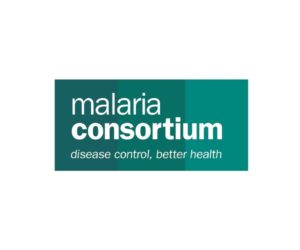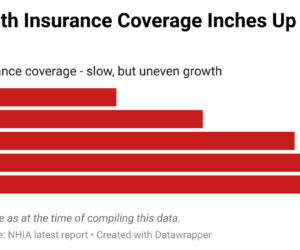Lekki, Yaba and Ajah have emerged as the top hotspots for DNA testing in Lagos, according to Smart DNA Nigeria’s 2025 Annual DNA Testing Report, which provides one of the most detailed insights yet into the country’s family dynamics and shifting migration pressures.
The report, covering July 2024 to June 2025, shows that while Lagos continues to dominate paternity and immigration testing with 69 percent of the national share, the distribution within the state is changing.
Mainland areas, long considered the centre of DNA inquiries, fell from 67.5 percent in 2024 to 59.4 percent this year. In contrast, the Island surged to 40.6 percent, led by Lekki (20.3 percent), Ajah (10.5 percent) and Ikorodu (10.5 percent). Yaba on the Mainland retained strong demand at 15.8 percent, while Surulere and Ikeja followed with nine percent each.
“This geographic shift is very telling. It reflects not just where families live, but also where economic and social questions about paternity and family documentation are being asked more urgently. Lagos Island’s growth mirrors its expanding population of upwardly mobile professionals dealing with both family and immigration-related concerns,” said Elizabeth Digia, operations manager at Smart DNA.
Read also: Experts demand regulation of DNA test standards
The findings reveal that Nigeria’s paternity crisis is far from over. One in four DNA tests in 2025 returned negative, meaning that 25 percent of men tested were not the biological fathers of the children in question. While that figure represents a slight drop from 27 percent in 2024, the data shows a persistent pattern of family trust challenges, particularly in urban centres like Lagos.
Immigration-related testing also rose sharply, climbing to 13.1 percent of all tests, driven by the country’s accelerating “Japa” wave.
Beyond the raw figures, the Lagos distribution underscores deep social and cultural divides. Yoruba clients accounted for 53 percent of all DNA test requests, followed by Igbo at 31.3 percent, while Hausa participation remained at just 1.2 percent.
Interestingly, the report found that most tests were conducted for “peace of mind” rather than legal disputes, with 83.7 percent of clients seeking clarity outside court processes. Only 1.4 percent were court-mandated, underscoring the informal but widespread doubts that continue to shape Nigerian family life.
Children aged between 0 to 5 years made up 58.6 percent of all tests, an increase from 54 percent in 2024, suggesting parents are increasingly choosing to resolve questions of lineage early. Male children were tested more frequently than female children (53.8 percent versus 46.2 percent), reflecting traditional emphasis on verifying male lineage tied to inheritance and family continuity.
Nigeria currently has no specific paternity fraud laws, unlike South Africa, leaving men without legal recourse when non-paternity is discovered years later. Smart DNA has recommended that government integrate DNA testing into healthcare and family planning programmes to normalise discussions of paternity and reduce stigma.
“DNA testing is no longer just about disputes. It is about certainty, documentation, and peace of mind. The patterns we are seeing in places like Lekki, Yaba and Ajah are as much about Nigeria’s social future as they are about science,” Digia added.









